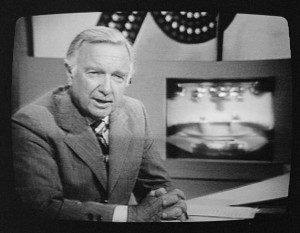Subcontracting war
New reports cast more doubt on the use of private contractors in a war zone. CNN is reporting that the watchdog group Project On Government Oversight (POGO) briefed reporters and sent a letter to Secretary of State Hillary Clinton about widespread hazing incidents allegedly taking place at the U.S. Embassy in Afghanistan.
POGO says two weeks ago it began receiving whistleblower-style e-mails, some with graphic images and videos, that are said to document problems taking place at a non-military camp for the guards near the U.S. diplomatic compound in Kabul. "This is well beyond partying," said Danielle Brian, POGO's executive director, after showing a video of a man with a bare backside, and another man apparently drinking a liquid that had been poured down the man's lower back.These latest allegations are about ArmorGroup, a British company that was formed in 1981. These types of companies have seen exploding rates of growth since the start of the Iraq war as more and more functions that have been traditionally assigned to the military have been outsourced to private security companies. In 2004 it was reported that there were over 180 private companies providing services in Iraq. This massive deployment has skewed traditional warfighting:
In the first Gulf War 15 years ago, the ratio of private contractors to troops was 1 to 60; in the current war, it's 1 to 3. In fact, the private sector has put more boots on the ground in Iraq than all of the United States' coalition partners combined. One scholar, Peter Singer of the Brookings Institution, suggests that Bush's "coalition of the willing" would be more aptly described as the "coalition of the billing." Those bills are in the billions and rising.

